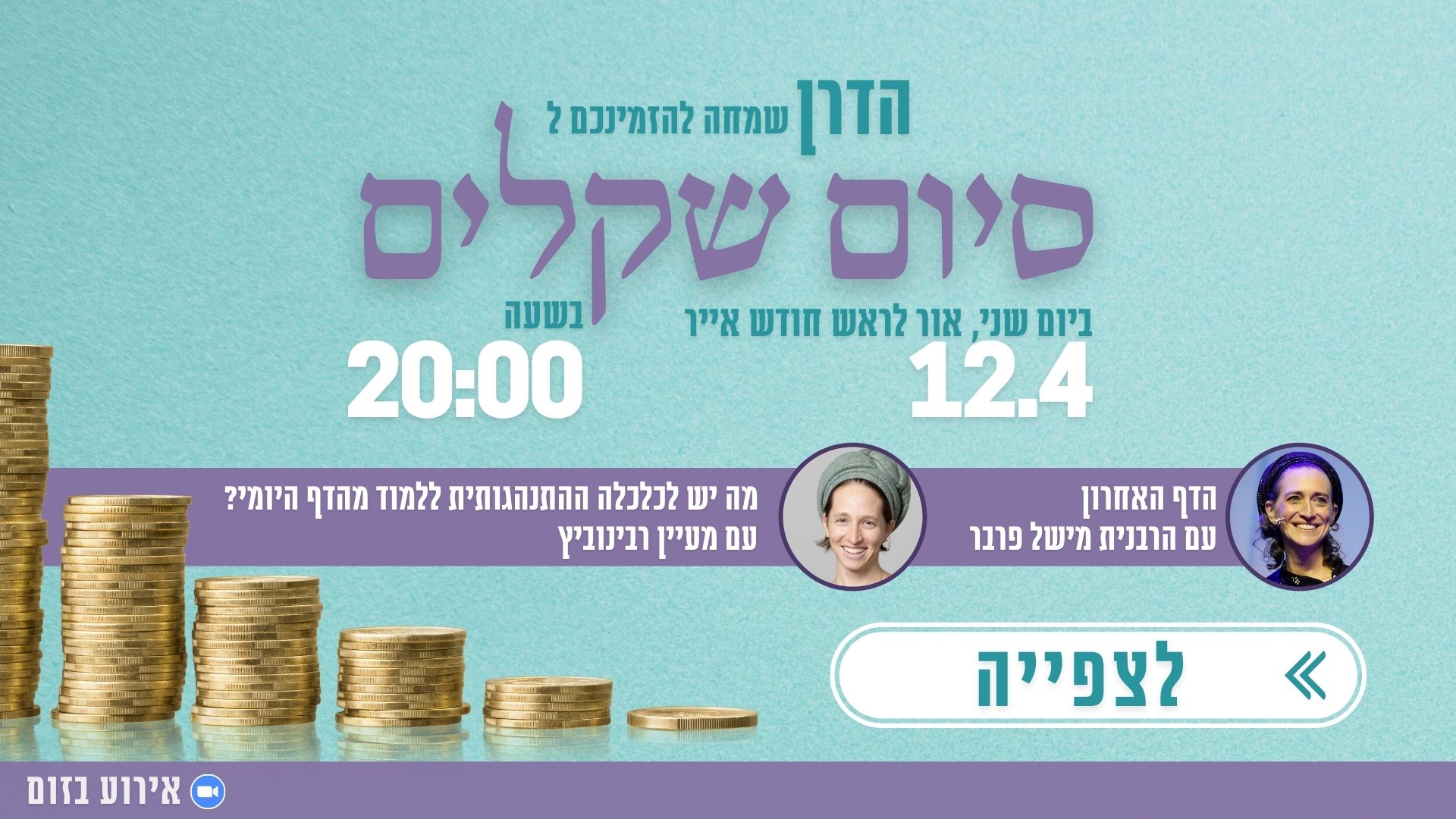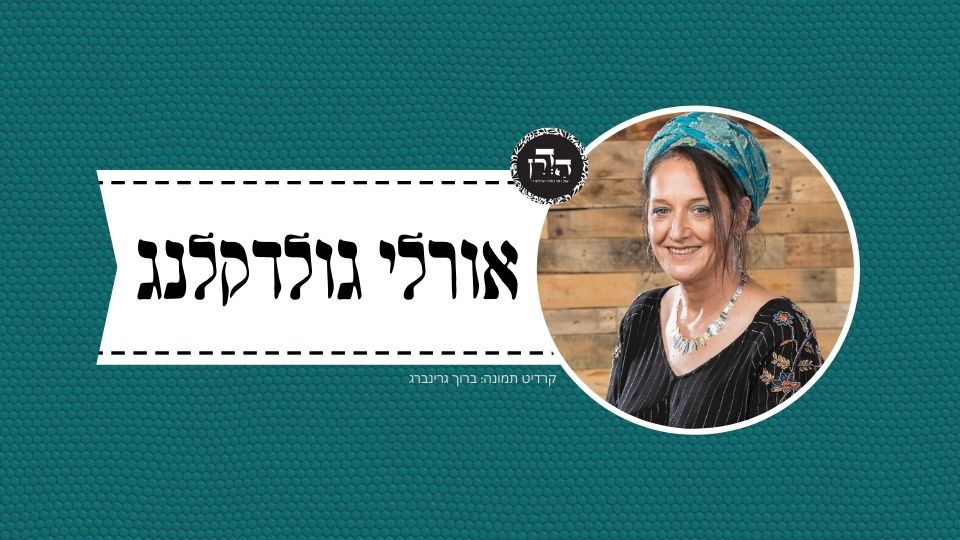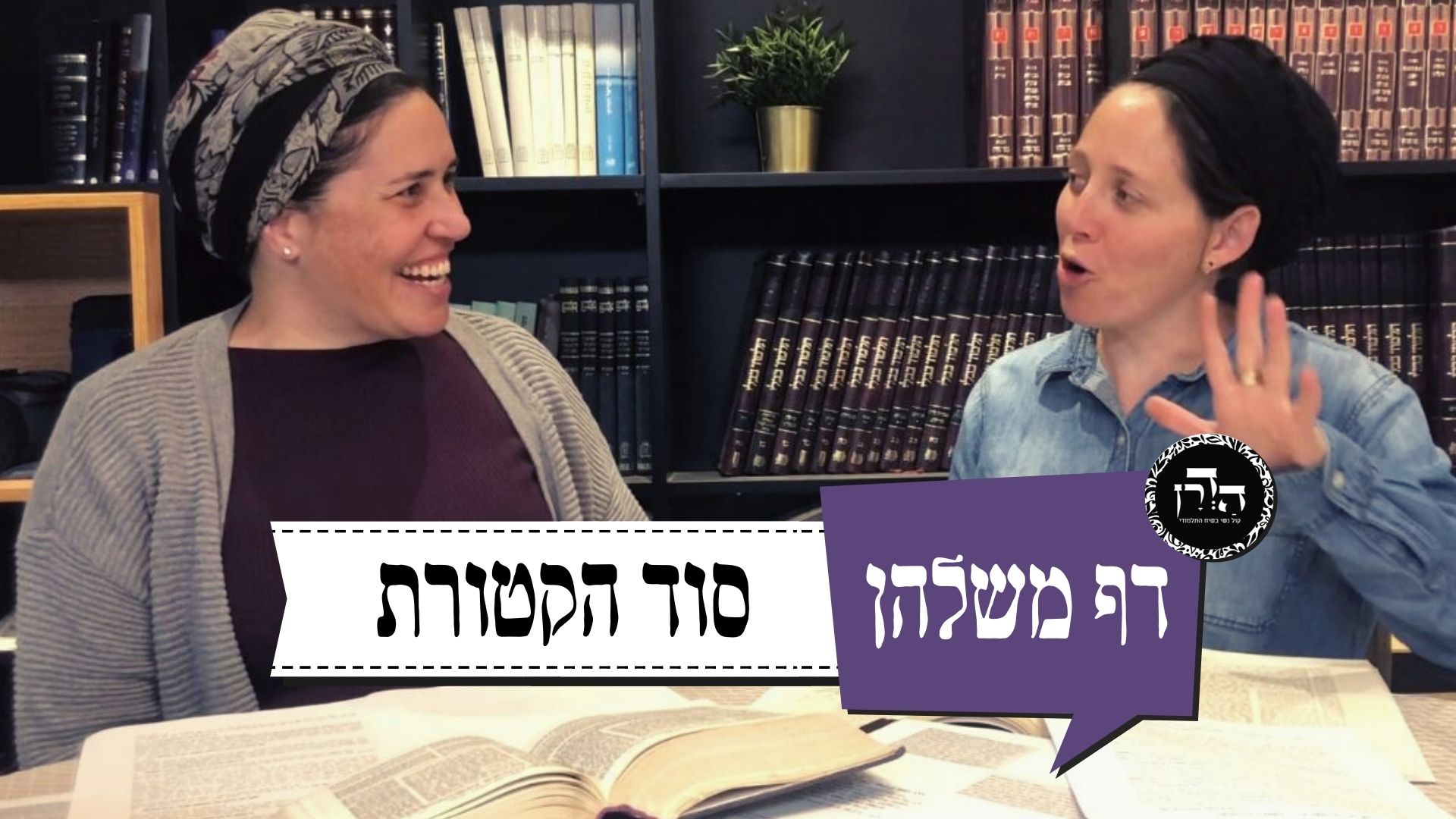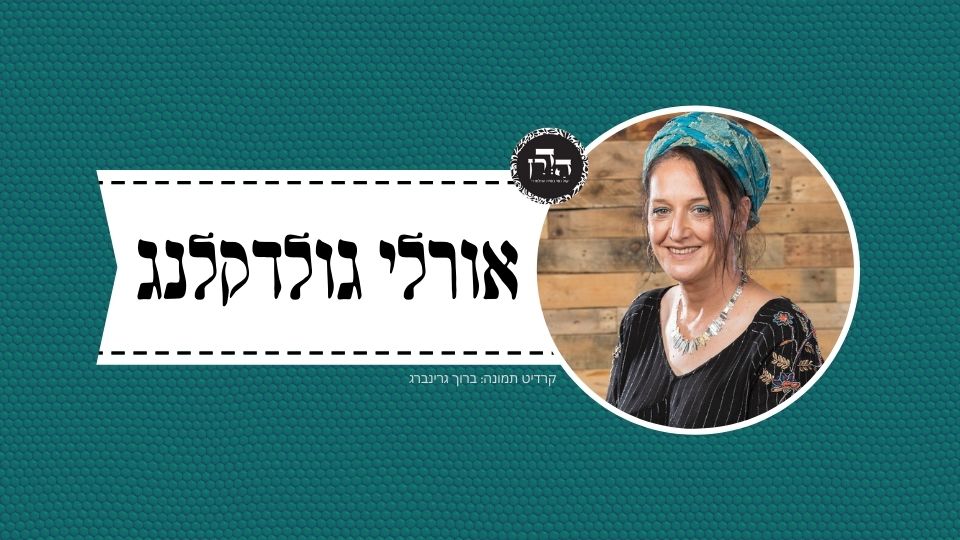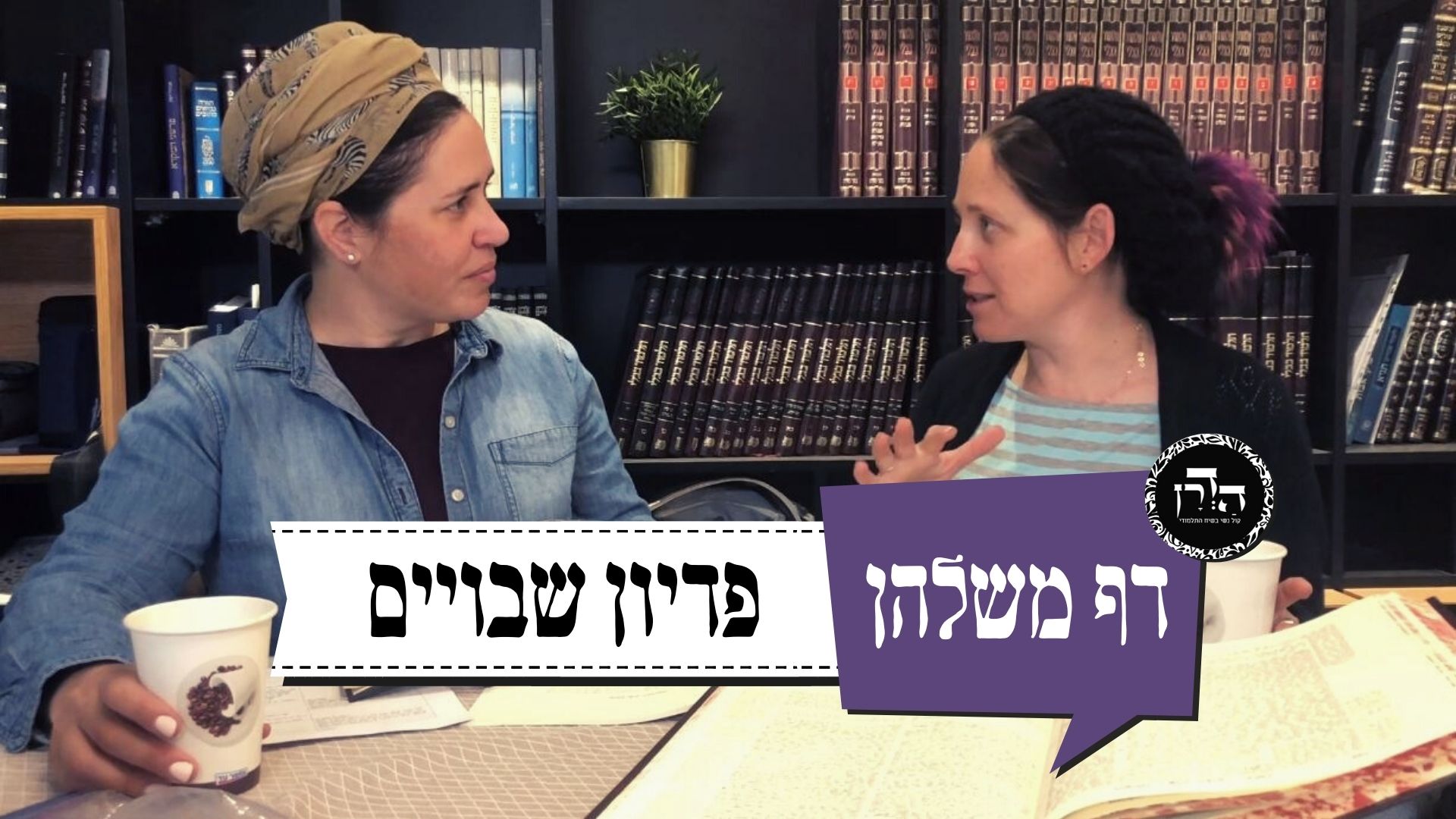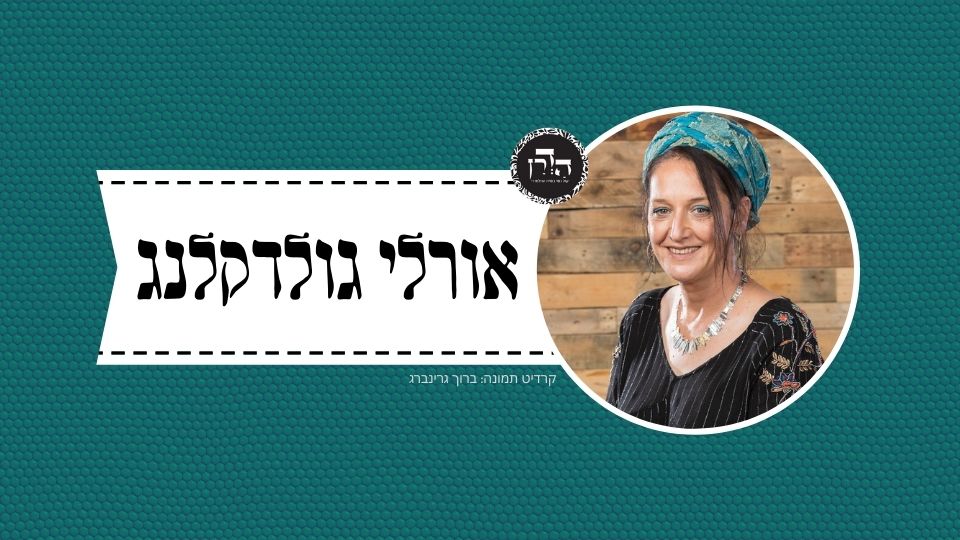שקלים ז
מָעוֹת שֶׁנִּמְצְאוּ בֵּין הַשְּׁקָלִים לִנְדָבָה, קָרוֹב לַשְּׁקָלִים יִפְּלוּ לַשְּׁקָלִים, לַנְּדָבָה יִפְּלוּ לַנְּדָבָה, מֶחֱצָה לְמֶחֱצָה יִפְּלוּ לַנְּדָבָה. בֵּין עֵצִים לִלְבוֹנָה, קָרוֹב לָעֵצִים יִפְּלוּ לָעֵצִים, לַלְּבוֹנָה יִפְּלוּ לַלְּבוֹנָה, מֶחֱצָה לְמֶחֱצָה יִפְּלוּ לַלְּבוֹנָה. בֵּין קִנִּין לְגוֹזְלֵי עוֹלָה, קָרוֹב לַקִּנִּין יִפְּלוּ לַקִּנִּין. לְגוֹזְלֵי עוֹלָה יִפְּלוּ לְגוֹזְלֵי עוֹלָה, מֶחֱצָה לְמֶחֱצָה יִפְּלוּ לְגוֹזְלֵי עוֹלָה. בֵּין חֻלִּין לְמַעֲשֵׂר שֵׁנִי, קָרוֹב לַחֻלִּין יִפְּלוּ לַחֻלִּין, לְמַעֲשֵׂר שֵׁנִי יִפְּלוּ לְמַעֲשֵׂר שֵׁנִי, מֶחֱצָה לְמֶחֱצָה יִפְּלוּ לְמַעֲשֵׂר שֵׁנִי. זֶה הַכְּלָל, הוֹלְכִים אַחַר הַקָּרוֹב (לְהָקֵל). מֶחֱצָה לְמֶחֱצָה לְהַחְמִיר:
If money was found on the floor of the Temple between one of the collection horns marked shekels and the collection horn marked free-will offerings, that is to say, between the first and the thirteenth collection horns, in which funds contributed to the Temple were stored, the following distinctions apply: If the money was found closer to the horn marked shekels, it is allocated to the shekels; if it was found closer to the horn marked free-will offerings, it is allocated to free-will offerings; and if it was equidistant from the horn marked shekels and the horn marked free-will offerings, it is allocated to free-will offerings. If the money was found between the horn marked wood and the horn marked frankincense, that is, between the fifth and sixth horns, if it was closer to the horn marked wood, it is allocated to wood; if it was closer to the horn marked frankincense, it is allocated to frankincense; and if it was found equidistant from both, it is allocated to frankincense. If the money was found between the horn marked pairs of bird-offerings and the horn marked doves for burnt-offerings, i.e., between the third and the fourth horns, if it is closer to the horn marked pairs of bird-offerings, it is allocated to pairs of bird-offerings; if it was found closer to the horn marked doves for burnt-offerings, it is allocated to doves for burnt-offerings; and if it was found equidistant from both, it is allocated to doves for burnt-offerings. And similarly, if money was found anywhere else between a container for ordinary, non-sacred money and one containing second-tithe money, the following distinctions apply: If the money was found closer to the non-sacred money, it is allocated to the non-sacred money; if it was found closer to second-tithe money, it is allocated to second-tithe money; and if it was found equidistant from both, it is allocated to second-tithe money. This is the principle: In cases of doubt, the ruling follows whichever is closer, even if this involves being lenient, but if the money was found equidistant from both, the ruling follows whichever allocation involves being stringent.
מָעוֹת שֶׁנִּמְצְאוּ לִפְנֵי סוֹחֲרֵי בְּהֵמָה, לְעוֹלָם מַעֲשֵׂר. בְּהַר הַבַּיִת, חֻלִּין. בִּירוּשָׁלַיִם בִּשְׁעַת הָרֶגֶל, מַעֲשֵׂר. וּבִשְׁאָר כָּל יְמוֹת הַשָּׁנָה, חֻלִּין:
This mishna considers other situations in which something is found and its source is unknown. Money found before animal merchants in Jerusalem is always presumed to be second-tithe money. The presumption is based on the fact that in Jerusalem, most of the animals are bought with second-tithe money and sacrificed as peace-offerings. And money found on the Temple Mount is presumed to be non-sacred money. And with regard to money found in the rest of Jerusalem, the following distinction applies: If it was found during the rest of the days of the year, it is presumed to be non-sacred money, but if it was found during the time of a pilgrim Festival, it is all presumed to be second-tithe money, because most of the money found in Jerusalem at the time of a Festival is second-tithe money.
בָּשָׂר שֶׁנִּמְצָא בָּעֲזָרָה, אֵבָרִים, עוֹלוֹת. וַחֲתִיכוֹת, חַטָאוֹת. בִּירוּשָׁלַיִם, זִבְחֵי שְׁלָמִים. זֶה וָזֶה תְּעֻבַּר צוּרָתוֹ וְיֵצֵא לְבֵית הַשְּׂרֵפָה. נִמְצָא בַּגְּבוּלִין, אֵבָרִים, נְבֵלוֹת. חֲתִיכוֹת, מֻתָּרוֹת. וּבִשְׁעַת הָרֶגֶל שֶׁהַבָּשָׂר מְרֻבֶּה, אַף אֵבָרִים מֻתָּרִין:
The mishna continues: With regard to meat that was found in the Temple courtyard, and it is not known from whence it came, the halakha is as follows: If it is whole limbs of the animal, in the manner that burnt-offerings are brought to the altar, it is presumed to be burnt-offerings. And if it is in small pieces, it is presumed to be sin-offerings. And if the meat, in whatever form, is found in the city of Jerusalem, as opposed to the courtyard, it is presumed to be the meat of peace-offerings, as most of the meat in Jerusalem is the meat of peace-offerings. Since it is possible that the time during which it is permitted to eat any of it has already passed, both this and that, whether it is determined to be the meat of burnt-offerings or the meat of peace-offerings, its form must be allowed to decay, i.e., it must be left until it is definitely disqualified, and then it must be taken out to the place of burning, where offerings that have become disqualified are burned. With regard to meat found in the outlying areas, outside of Jerusalem, if it is in the form of whole limbs, the meat presumably comes from carcasses of animals that were not properly slaughtered, for meat unfit for eating was generally cut up into full limbs, to be fed to dogs or sold to gentiles. But if it is in small pieces, it is presumably kosher and permitted to be eaten, as kosher meat was ordinarily cut up into small pieces. And if meat is found at the time of a Festival, when meat is plentiful, so that it is generally not cut up into small pieces, then even whole limbs are permitted to be eaten.
בְּהֵמָה שֶׁנִּמְצֵאת מִירוּשָׁלַיִם וְעַד מִגְדַּל עֵדֶר, וּכְמִדָּתָהּ לְכָל רוּחַ, זְכָרִים, עוֹלוֹת. נְקֵבוֹת, זִבְחֵי שְׁלָמִים. רַבִּי יְהוּדָה אוֹמֵר, הָרָאוּי לִפְסָחִים, פְּסָחִים קֹדֶם לָרֶגֶל שְׁלשִׁים יוֹם:
If an animal that is fit for the altar was found straying, from Jerusalem and as far as Migdal Eder, and similarly if it was found within that distance from Jerusalem in any other direction, it is presumed that the animal came from Jerusalem. Most of the animals in Jerusalem were designated for offerings, and presumably this one was as well. Males are presumed to be burnt-offerings, as only males are brought as burnt-offerings. Females are presumed to be peace-offerings, as it is permitted to bring a female peace-offering. Rabbi Yehuda says: An animal that is fit for the Paschal offering, i.e., a one-year-old male lamb or kid, is presumed to be a Paschal offering, provided that it was found within thirty days before the Festival of Passover.
בָּרִאשׁוֹנָה הָיוּ מְמַשְׁכְּנִין אֶת מוֹצְאֶיהָ, עַד שֶׁהוּא מֵבִיא נְסָכֶיהָ. חָזְרוּ לִהְיוֹת מַנִּיחִין אוֹתָהּ וּבוֹרְחִין. הִתְקִינוּ בֵּית דִּין שֶׁיְּהוּ נְסָכֶיהָ בָּאִין מִשֶּׁל צִבּוּר:
Originally, the court would seize collateral from one who found such an animal, as security until he would bring with it the libations associated with this offering, as if the found animal were his own and he had committed himself to bring the libations. This brought about a situation in which those who found the animals began leaving them where they found them, and absconding, so as not to become liable for the libations. The court therefore instituted that the libations accompanying these offerings would come from public funds, that is, from the Temple treasury.
אָמַר רַבִּי שִׁמְעוֹן, שִׁבְעָה דְּבָרִים הִתְקִינוּ בֵּית דִּין, וְזֶה אֶחָד מֵהֶן, נָכְרִי שֶׁשִּׁלַּח עוֹלָתוֹ מִמְּדִינַת הַיָּם וְשִׁלַּח עִמָּהּ נְסָכִים, קְרֵבִין מִשֶׁלּוֹ. וְאִם לָאו, קְרֵבִין מִשֶּׁל צִבּוּר. וְכֵן גֵּר שֶׁמֵּת וְהִנִּיחַ זְבָחִים, אִם יֵשׁ לוֹ נְסָכִים, קְרֵבִין מִשֶּׁלּוֹ. וְאִם לָאו, קְרֵבִין מִשֶּׁל צִבּוּר. וּתְנַאי בֵּית דִּין הוּא עַל כֹּהֵן גָּדוֹל שֶׁמֵּת, שֶׁתְּהֵא מִנְחָתוֹ קְרֵבָה מִשֶּׁל צִבּוּר. רַבִּי יְהוּדָה אוֹמֵר, מִשֶּׁל יוֹרְשִׁין. וּשְׁלֵמָה הָיְתָה קְרֵבָה:
Rabbi Shimon said: The court instituted seven ordinances with regard to the financial aspects of offerings and consecrations. And this ordinance, namely, that the cost of the libations accompanying the sacrifice of a found animal is borne by the public, is one of them. These are the other ordinances: If a gentile sent his burnt-offering from abroad, outside Eretz Yisrael, and he sent with it money for the purchase of the libations that must accompany it, the libations are offered at his expense. And if the gentile did not cover the cost of the libations, it is a condition of the court that the libations are sacrificed at the public’s expense, with funds taken from the Temple treasury. And likewise, in the case of a convert who died without heirs and left animals that he had designated as offerings. If he has the libations, i.e., if he also had set aside libations or money for that purpose, the libations are sacrificed from his estate. And if he did not do so, the libations are sacrificed from public funds. And another ordinance: It is a condition of the court with regard to a High Priest who died, and a new High Priest had not yet been appointed in his place, that his meal-offering, i.e., the griddle-cake offering that the High Priest would bring each day from one-tenth of an ephah of flour, would be sacrificed from public funds. Rabbi Yehuda says: It was brought from the property of the High Priest’s heirs, i.e., his estate, and not from public funds. In any event, the offering was not brought as it would have been brought by the High Priest himself were he still alive, half in the morning and half in the evening, but rather it was sacrificed all at once, from a whole one-tenth of an ephah.
עַל הַמֶּלַח וְעַל הָעֵצִים שֶׁיִּהְיוּ הַכֹּהֲנִים נֵאוֹתִים בָּהֶן, וְעַל הַפָּרָה שֶׁלֹּא יְהוּ מוֹעֲלִין בְּאֶפְרָהּ, וְעַל הַקִּנִּין הַפְּסוּלוֹת שֶׁיְּהוּ בָאוֹת מִשֶּׁל צִבּוּר. רַבִּי יוֹסֵי אוֹמֵר, הַמְסַפֵּק אֶת הַקִּנִּין, מְסַפֵּק אֶת הַפְּסוּלוֹת:
The fourth ordinance was about the salt in the Temple that was designated for salting the offerings, and the fifth was about the wood that was used for the burning of the offerings. These ordinances decreed that the priests may use them also to prepare the meat of the offerings that they eat. And the sixth ordinance concerned the red heifer: that deriving benefit from its ashes is not considered misusing consecrated property. And the seventh ordinance was about disqualified pairs of bird-offerings: It ruled that their replacements should come from public funds. Rabbi Yosei disagreed and says: The expense does not fall upon the public, but rather upon whoever supplies all the pairs of bird-offerings to the Temple; he must also supply, at no additional charge, the replacements for the disqualified birds.

